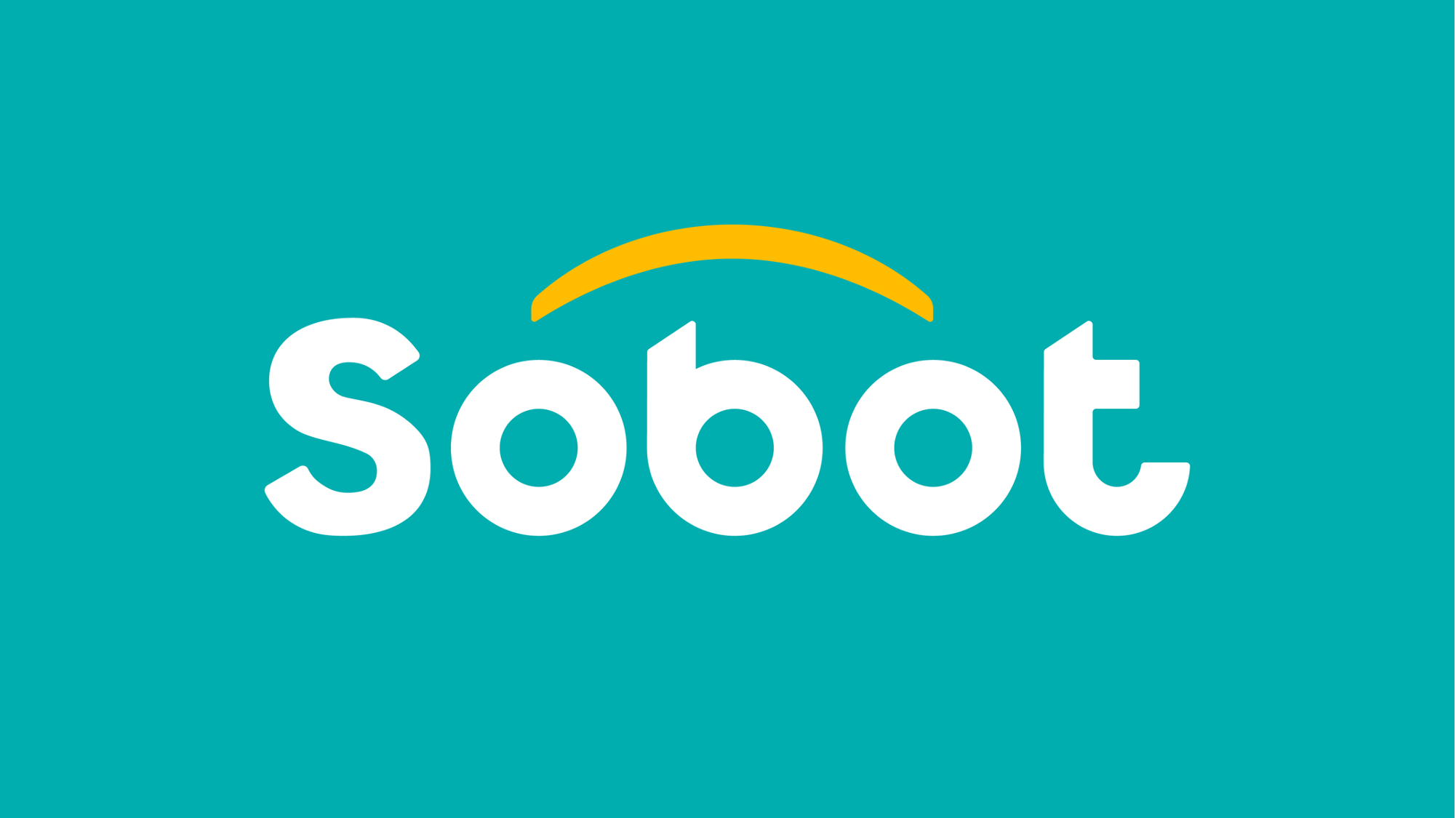In today’s fast-paced business environment, customer service plays a critical role in driving satisfaction and loyalty. Enterprise call center solutions are at the heart of this effort, and one of the key components that elevates their performance is CRM, or Customer Relationship Management. But what exactly is CRM in the context of a call center, and why is it so important?
Understanding CRM in Call Centers
CRM in a call center refers to a technology platform or system designed to manage a company’s interactions with current and potential customers. It gathers data from multiple channels—calls, emails, live chats, and social media—and consolidates this information into a centralized database.
This allows call center agents to access complete customer histories, understand their needs, and respond more effectively. Whether a customer is calling with a new inquiry or following up on a previous issue, the CRM ensures that agents are well-informed and can provide a seamless experience.
The Role of CRM in Enterprise Call Center Solutions
For enterprise-level call centers, CRM systems are more than just databases—they are powerful tools that drive efficiency, consistency, and personalization. Here’s how CRM enhances enterprise call center solutions:
- Centralized Customer Data
Enterprise call centers handle large volumes of customer interactions daily. A CRM system stores comprehensive customer profiles, including previous communications, purchase history, and support issues. This centralization reduces call handling time and improves the accuracy of responses.
- Streamlined Workflows
CRM automates many routine tasks such as call logging, follow-up scheduling, and ticket assignment. This not only boosts agent productivity but also ensures that no customer request falls through the cracks.
- Enhanced Customer Experience
By leveraging CRM, agents can greet customers by name, refer to previous issues, and offer solutions tailored to their preferences. This personalization creates a stronger connection and builds trust over time.
- Better Reporting and Analytics
CRM systems offer robust analytics features. Managers can track KPIs such as first-call resolution, average handling time, and customer satisfaction. These insights help refine strategies and optimize operations.
Why CRM Matters in Modern Call Centers
As businesses grow, so do customer expectations. Call centers must evolve from being reactive to becoming proactive and customer-centric. CRM is essential in this transition. It enables call centers to provide fast, relevant, and high-quality service that not only resolves problems but also enhances brand loyalty.
Furthermore, with remote work and digital channels becoming the norm, cloud-based CRM systems offer the flexibility and scalability enterprises need. Integration with AI, chatbots, and omnichannel platforms is now a standard feature in modern CRM tools, taking enterprise call center solutions to the next level.

Sobot: A Smart Choice for Enterprise Call Centers
When it comes to choosing a CRM solution that fits the complex needs of an enterprise call center, Sobot stands out. Sobot offers an intelligent customer service system that integrates seamlessly with various platforms, providing a unified view of customer interactions. If you’re looking to enhance your enterprise call center solutions, Sobot is a powerful tool that combines advanced CRM capabilities with modern customer service technology—ensuring your team is always ready to deliver exceptional support.


